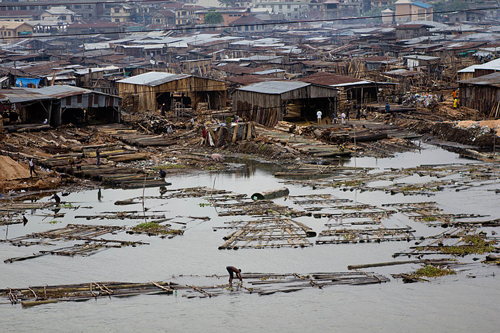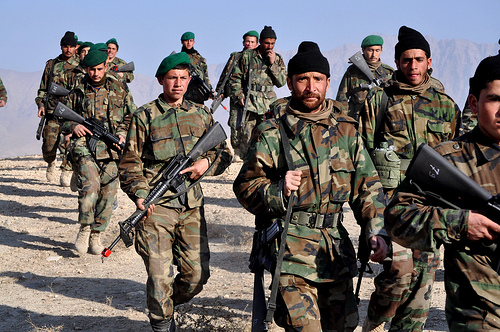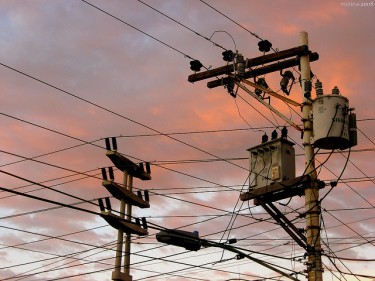
On October 5, 2012, four students of the University of Port Harcourt in Nigeria were beaten and burnt to death by a lynch mob, for allegedly stealing a Blackberry phone and a laptop. The tragic deaths of the students now known as the Aluu4 have caused outrage and plenty of online discussion about the serious problem of mob justice in Nigeria. It has also created opportunities for citizens to raise public awareness and propose solutions.
Noting the absence of legal provisions against mob justice, blogger Okechukwu Ofili posted a petition on October 18th for a mob justice prohibition bill signed by himself and “Nigerians Fighting for CHANGE” (read the full draft bill here) that has so far gathered more than 3,500 signatures.




